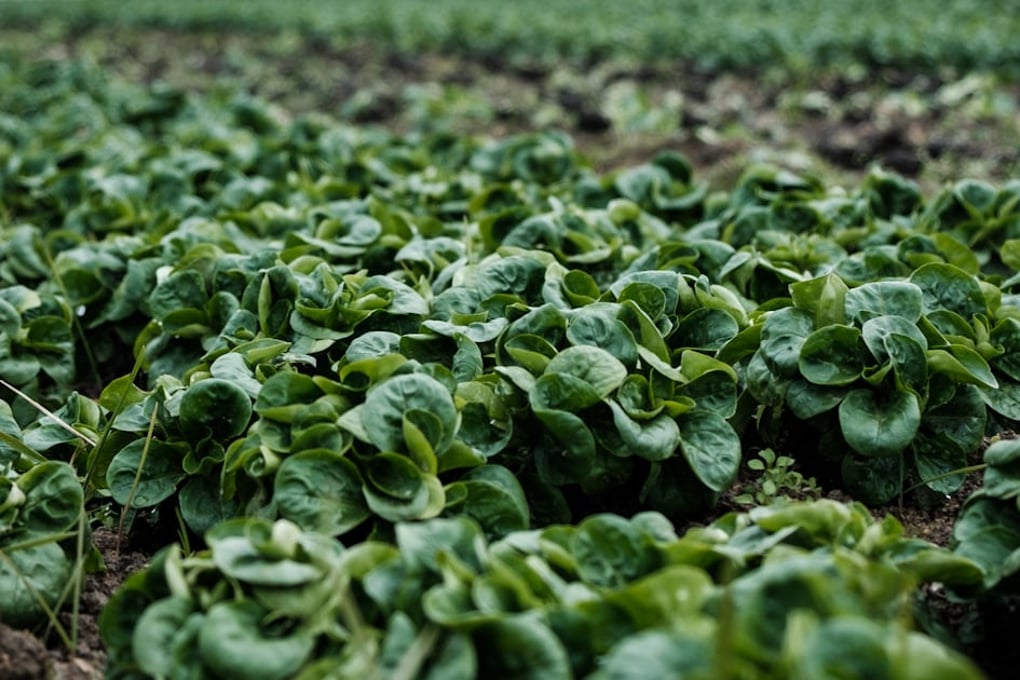In today’s society, there’s a significant disconnect between food production and consumption. Many people don’t realize what goes into making, processing, and distributing food products from the farm until they’re on our plates! This article is a beginner’s guide on how to eat more sustainably and learn a little about how farming practices impact climate change! Food and agriculture play a key role in the fight against climate change, so hopefully, this article helps you learn what you can do to help!
Tip #1: Meatless Mondays
I know it’s hard to give up steak or hamburgers, but animal agriculture is scientifically proven to create the highest levels of carbon emissions compared to other protein sources. Cows produce the most emissions because they release a lot of methane into the atmosphere and consume the most water and grain while being raised. Even if it’s for one meal or one day, reducing your intake of red meat can make a difference if you want to eat more sustainably!
Tip #2: Shop local
A lot of time, energy, and work goes into shipping food products across the world, and this contributes to the use of fossil fuels. It’s better to support the shops and local grocery suppliers — especially the small businesses. This works out because local produce will reflect the weather and season, so you can ensure you eat fresh and healthy!
Tip #3: Plan ahead
Meal-prepping has become incredibly common and is convenient and useful. You buy groceries for the week and have your meals ready. However, if you don’t want to put the time into making four lunches and dinners at once, that’s fine! It’s essential to think about what you’ll buy from the grocery store or order at a restaurant to minimize food waste. Basically, try not to throw food away. A substantial portion of food is wasted every day. Even though you are not the only contributor, it certainly adds up if everyone is wasteful. Being a little more conscious can save valuable food from ending up in the trash!
These simple tips can help you to implement a few sustainable habits in your food and life! Every small lifestyle change adds up to benefit a more significant cause. The moral of the story is to eat your fruits and vegetables and buy from your local farmer’s markets!


